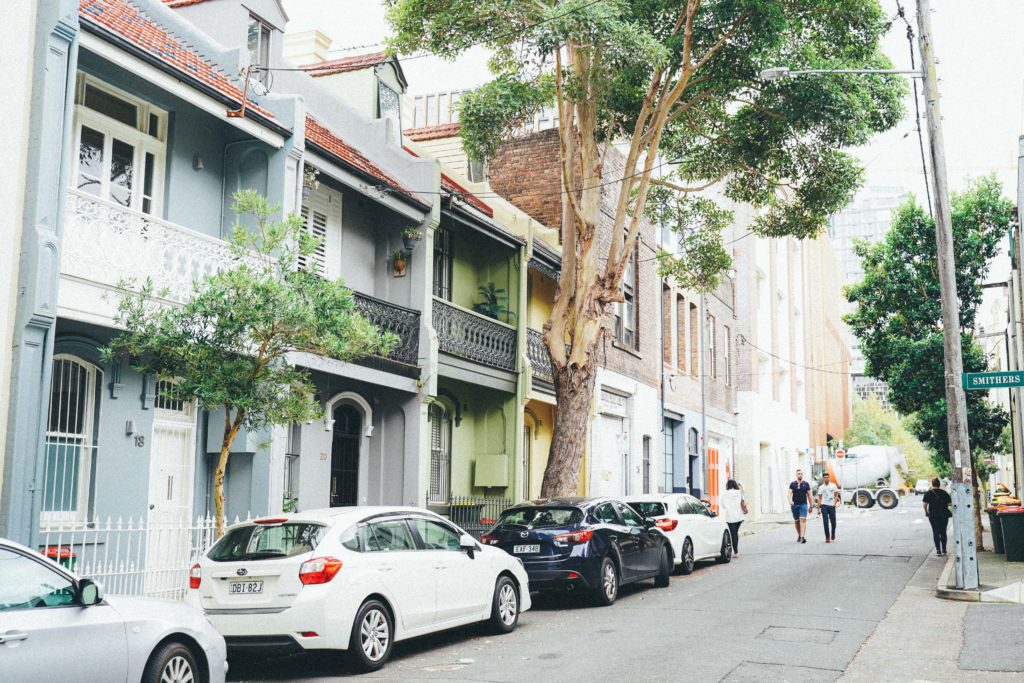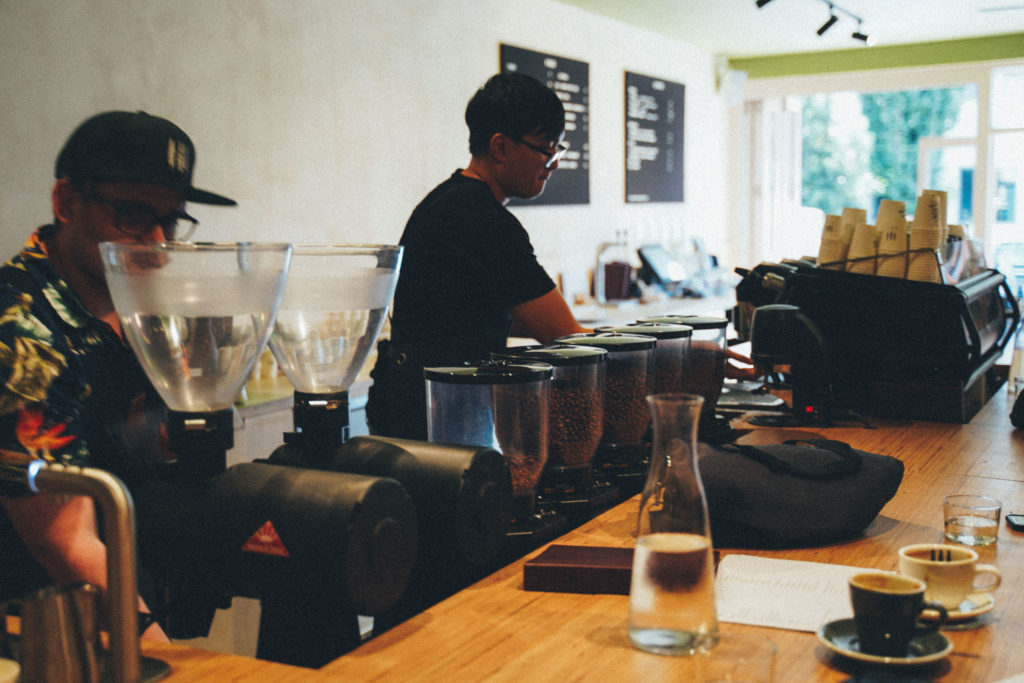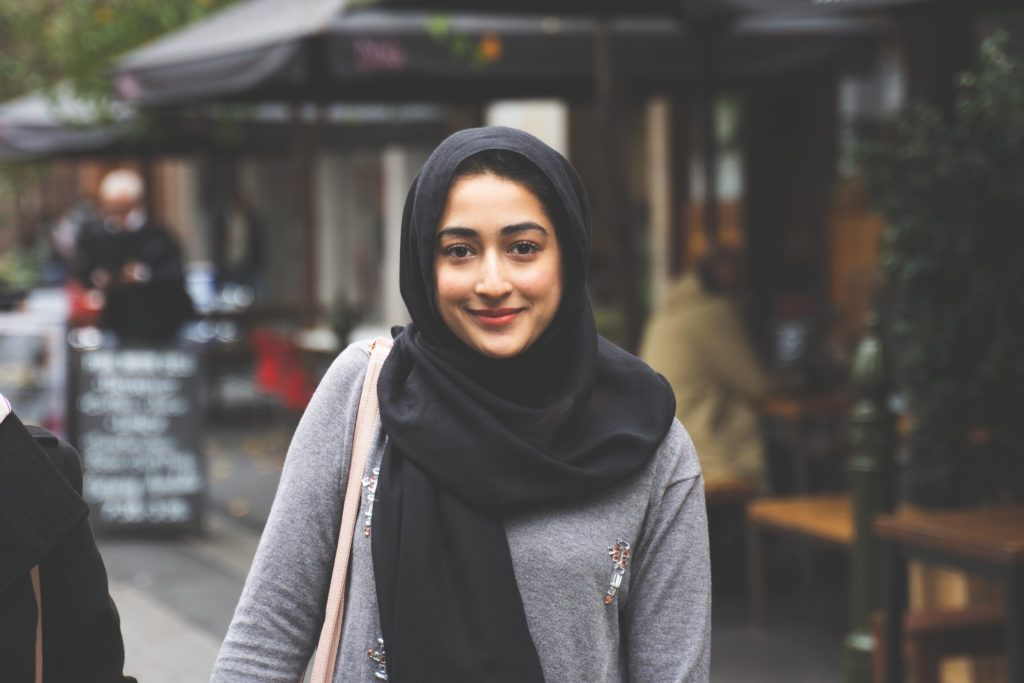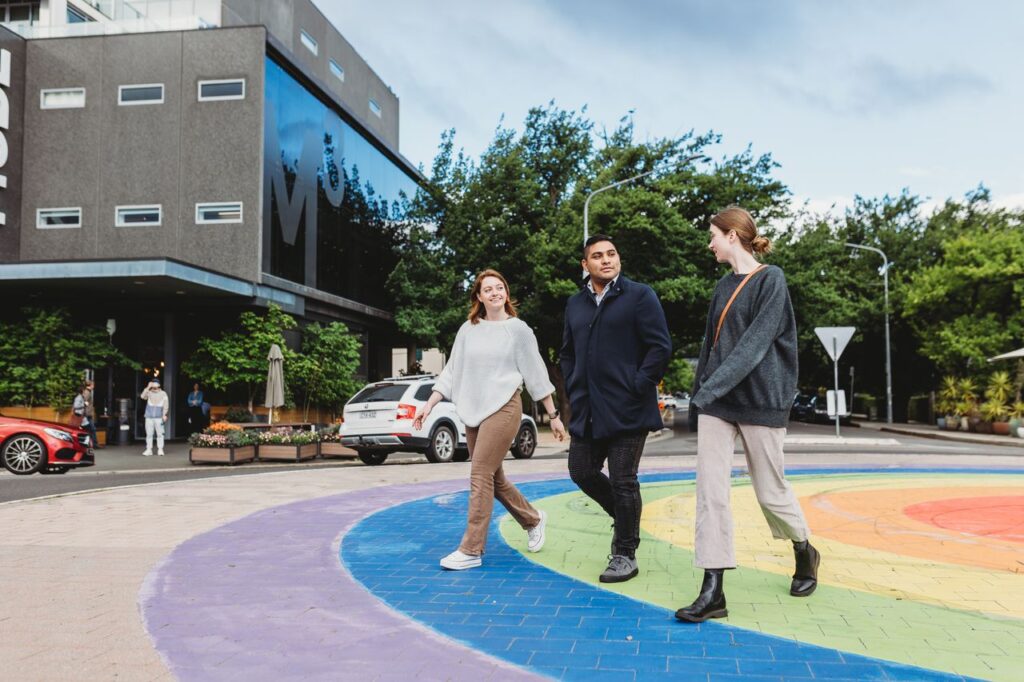Starting tertiary studies is a big step. Studying overseas is an even bigger step, especially if you’re under the age of 18.
In Australia, the legal age to become an adult is 18. This means that if you’re under 18, you are considered a minor. There are a few things you’ll need to be aware of if you’re under 18, and the rules might be slightly different when applying to study in Australia. But that doesn’t mean the process can’t be straightforward; all it takes is a bit of know-how.
Here’s our ultimate guide for under-18 students.
Education support
Most educational institutions will have a dedicated page on their website offering support to under-18 international students, so that’s a great place to start if you’re looking for assistance. Some even offer dedicated under-18 support, so make sure to check with your education provider to see what your options are.
Welfare, accommodation and visa applications
After you’ve decided where you want to study and been accepted into your chosen educational institution, you’ll have to sort out your student visa.
Australia’s Department of Immigration and Border Protection (DIBP) will need assurance that you’ll have access to appropriate welfare and accommodation during your time in Australia in order to grant you a student visa. These welfare arrangements need to be in place until you turn 18.
There are three main ways you can offer this assurance:
1. Nominate a guardian
This is a parent or legal custodian over 21 years old who will live in Australia for the same length of time as your student visa or until you turn 18 (whichever comes first). They will need to apply for a visa in order to stay in Australia.
To get started, your guardian will need to fill out the 157N form. Once approved, you’ll need to provide this along with your Confirmation of Enrolment (CoE) when applying for a student visa.
2. Stay with a relative in Australia who is over 21
Your parent or guardian in your home country will have to nominate this relative and you will have to provide:
- Evidence of your relationship to the relative
- Proof that your relative is over the age of 21
- A police clearance for your relative to prove they’re of good character
- Evidence that your relative has the right to remain in Australia for the period of your stay, or until you turn 18 (whichever happens first)
Your relative in Australia will also need to fill out the 157N form and you will have to provide your CoE when you apply for a student visa.

3. Approved accommodation
You can live without a parent or guardian if your educational institution agrees to organise accommodation for you.
If you decide to let your educational institution nominate your accommodation, in order to get your visa over the line you’ll need to be accepted into an accommodation provider that satisfies DIBP requirements. This basically means that you have to be accepted somewhere that can guarantee you’ll stay there for the duration of your time in Australia or until you turn 18 (whichever comes first). Unfortunately, failure to comply with these expectations, or changing your accommodation plans when you arrive, could result in your visa being cancelled.
Your educational institution will usually have a list of approved providers, such as homestay or managed student accommodation. Check with your university or college to see what your options are.
If you choose this option, your education provider will issue a Confirmation of Accommodation and Welfare (CAAW), which will be given to the Australian Department of Home Affairs so they’re aware of your accommodation arrangement when you’re applying to study in Australia.
What to take note of
It’s important to note that underage student visas and accommodation options are hinged upon the fact that you have nominated a parent or guardian who has been approved by the Australian Department of Home Affairs. If you suddenly change your guardianship details without going through proper procedures, you risk having your student visa revoked and may have to return to your home country.
To change guardians or accommodation plans, you must first seek approval from your education provider through the International Student Support and Welfare Manager or equivalent. They will take you through the formal documentation required to make this happen.
When you turn 18, you’re free to stay in your existing accommodation or choose your own, such as a share house or private rental. Learn more about finding a private rental in Australia here.
Employment

The minimum age to work in Australia is around 13 to 15 years depending on the industry, so you’ll most likely be allowed to work during your studies. Note that the same rules apply to you as they do to any other international student: you can only work 40 hours per fortnight during semester, and unlimited hours during breaks.
Because you’re under 21 years old, you’re considered a junior employee. This means that you get a percentage of the relevant adult pay rate depending on your age. This percentage increases every time you age one year. You can find out what you should be getting paid on the Fair Work Ombudsman’s website.
To work in Australia, you’ll need a Tax File Number (TFN). You can apply for a TFN yourself through the Australian Tax Office from the age of 16.
Now, you may have come across something called ‘superannuation contributions’. They’re basically regular payments to a fund that you use to live on when you retire or take home with you when you leave Australia.
As an international student who’s under 18 years old, you’re entitled to superannuation contributions if you’re paid $450 or more (before tax) in a calendar month and work 30 hours or more in a week. While it’s unlikely you’ll be working more than 30 hours per week during semester, this may apply during semester breaks. Once you turn 18, you’re entitled to superannuation contributions regardless of how many hours you work in a week.
Banking
Each bank will have its own rules around how old you need to be to open an account on your own, but generally, the minimum age is 12 to 14 years old.
Individual banks offer their own savings programs for minors, so it’s worth doing your research to see which one will work best for you. The account can be opened in your name, or your parent or legal guardian can sign up as a joint account holder. The benefit of this is that your parent or guardian can contact the bank on your behalf, which offers an extra safety net.
Make sure to chat to your chosen bank to discuss the rules around operating a bank account if you’re under 18.
Health
Like any other international student, you’ll need to secure Overseas Student Health Cover (OSHC) when applying for your visa. Generally speaking, OSHC covers appointments with a doctor, hospital visits, prescription medications and a few other medical needs.
In Australia, you can consent to and access simple healthcare treatments without a parent or guardian when you’re at least 14 years old. This means you can book an appointment with a doctor yourself – just make sure you have your OSHC details with you when you attend.
Mental health
Your educational institution may have dedicated psychologists and counsellors on campus. While each practice will have different rules around parental/guardian permission for minors wanting to see a psychologist, it’s generally accepted that anyone over 16 years old is able to seek psychological services without parental or guardian permission.
If you’re feeling homesick, stressed or anxious, there are plenty of youth-oriented services available. Kids Helpline is a dedicated service for 13-17-year olds, which can be accessed over the phone, via email or through a web chat. If you need translation help, they can organise a translating and interpreting service for you.
You can also visit the youth arm of the Beyond Blue website, which offers helpful resources on managing anxiety and helping a friend in need, as well as online forums where you can talk openly with other people your age about any issues you’re experiencing.
If you’re not quite sure if you need assistance, but you’re feeling a little bit “off”, you can take the Beyond Blue Brain Quiz. The questionnaire is designed to help you reflect upon your mental health over the last month, meaning you might just discover something about yourself that a doctor or psychologist will be able to help you to manage.
If you require immediate mental health support, Lifeline offers a 24-hour crisis hotline, which can be reached on 13 11 14.
Underage events

The legal drinking age in Australia is 18, meaning you need to be 18 to purchase alcohol from a bottle shop, bar or pub. While you might encounter a strong drinking culture in Australia, there are plenty of other ways to have fun. A lot of educational institutions host underage alternatives to the big campus parties and there are several regular under-18-friendly events, including concerts.
Even though you can’t get into nightclubs in Australia, there are still plenty of places you can go dancing. Try No Lights, No Lycra, an all-ages alcohol-free event where you dance your heart out in total darkness. Groove Therapy is another non-traditional dance class open to all ages. You’ll find both events in locations around Australia. Or, get a group together to go ten-pin bowling, paintballing or to the movies. There’s also a great website called ‘Underage events’, which lists gigs across Australia that are open to under-18s.
Just make sure to stay safe on a night out. Always travel in a group and avoid being out by yourself late at night. Australia is a very safe country, but it’s always important to be aware of your surroundings and avoid any potentially dangerous situations, no matter what country you’re in. If you do find yourself needing emergency assistance, Australia’s emergency line is 000.
What happens when you turn 18?
Turning 18 in Australia means you’re officially considered an adult by law. This means you no longer need parental permission to do anything. You can get a tattoo, purchase alcohol, enter nightclubs, pubs and bars, change accommodation, and sign contractually binding agreements, such as a rental property lease. It also means you’re more culpable for your actions, and you’ll be looked at as an adult rather than a child – so make sure you stick to Australian law.
Just keep in mind that your student visa conditions don’t really change when you turn 18. You still need to stick to 40 hours of work per fortnight during semester and follow all the academic guidelines set by your education provider. Doing so will ensure a positive and successful study experience in Australia.




